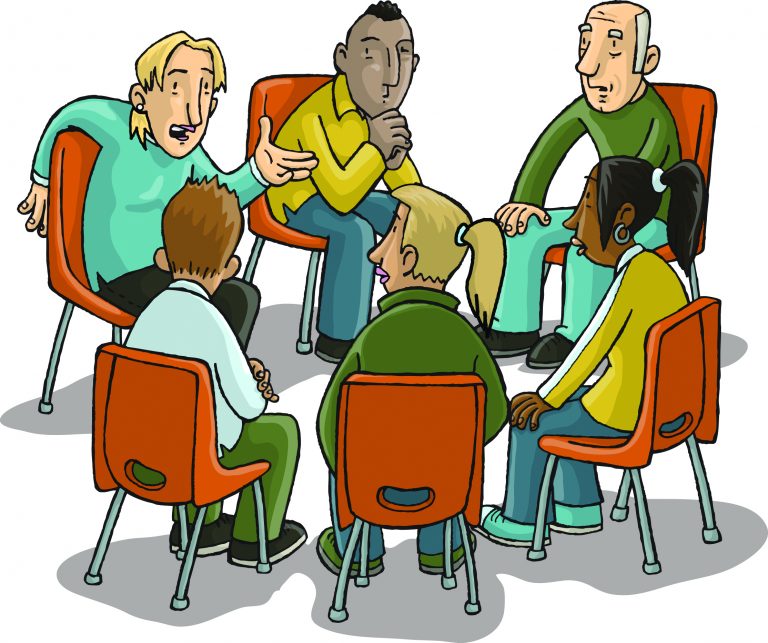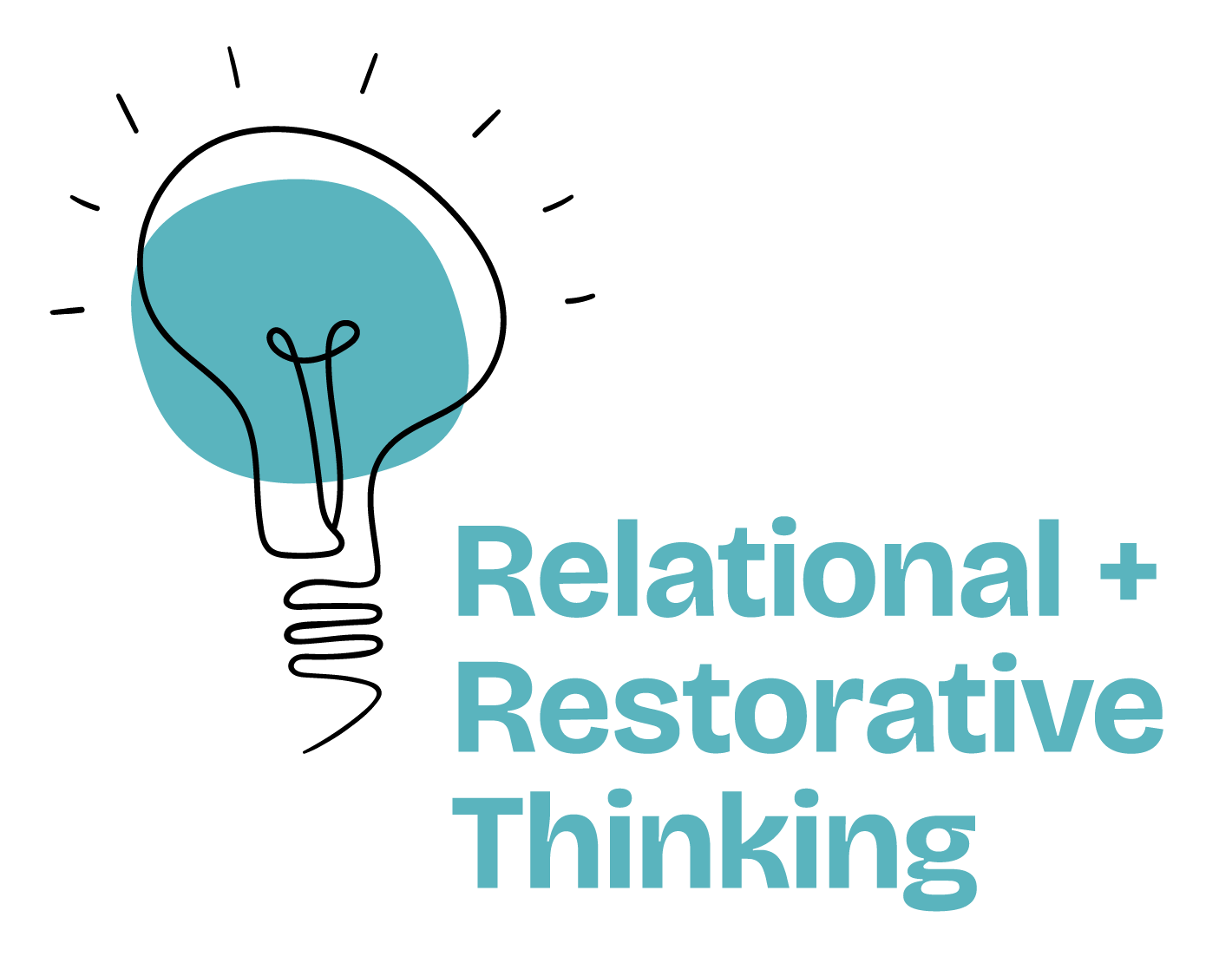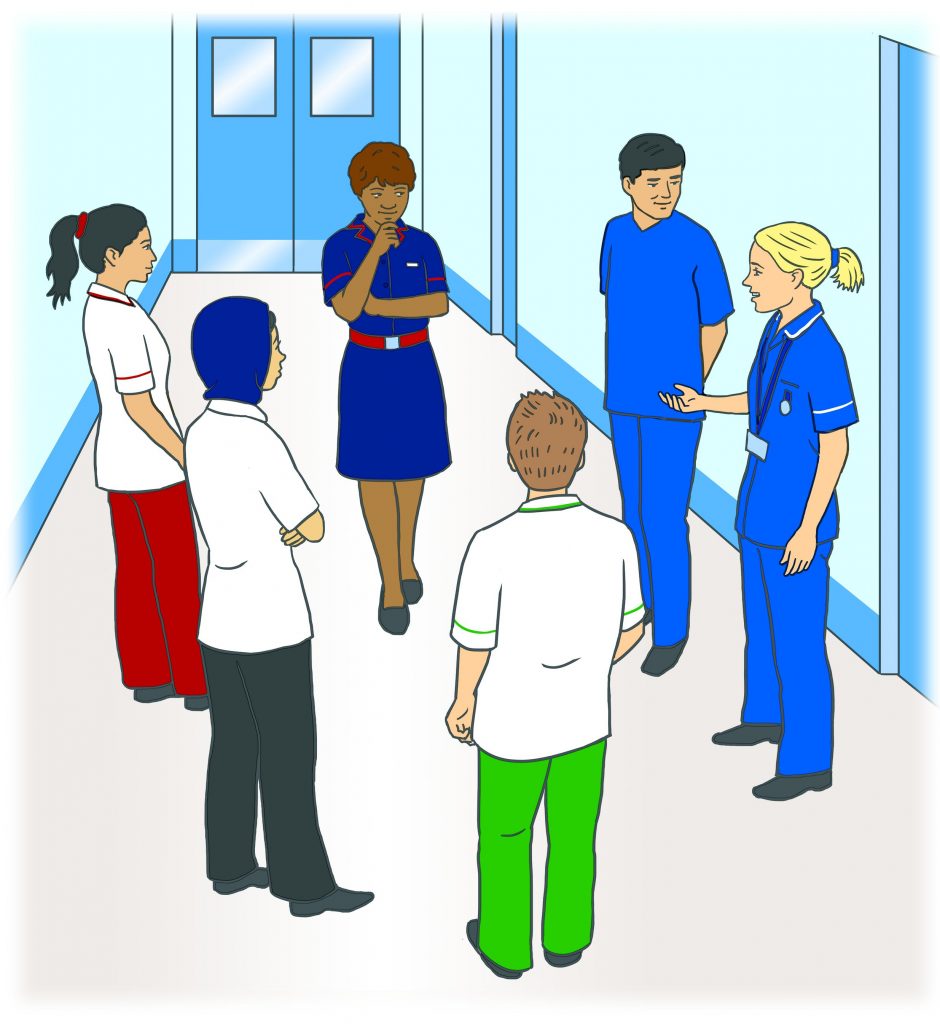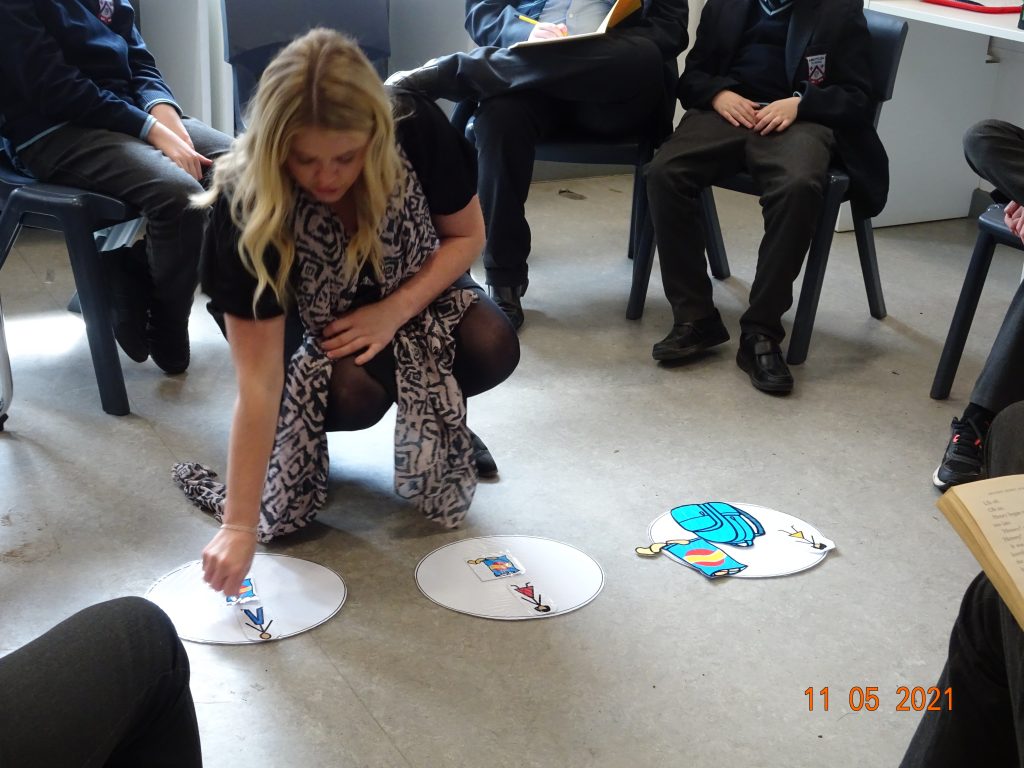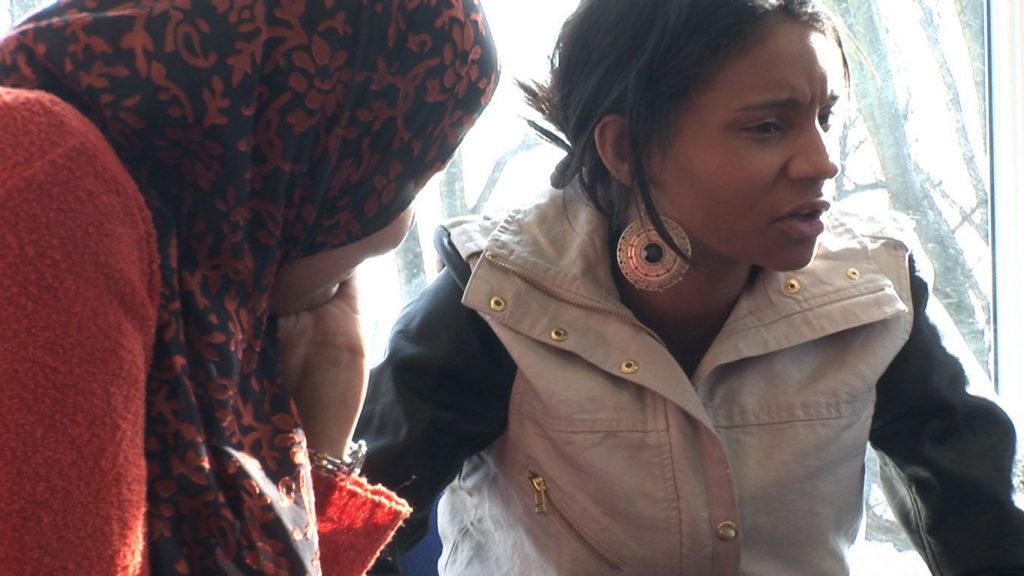Blended learning options to foster relational and restorative practice.
What we do
Blended learning options to foster relational and restorative practice.
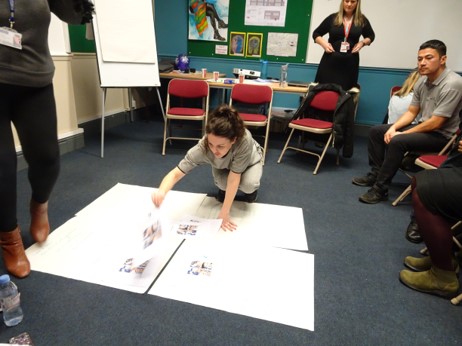
Experienced Team
Relational and Restorative Thinking’s small, experienced team of trainers/practitioners/coaches/facilitators are keen to consolidate learning from existing projects and to continue to pioneer within the field of relational and restorative practice.
If you are interested in working with us, please contact us for further information.
Our work with Health and Social Care, NHS Trusts
We work alongside clinical and operational leaders, managers and staff, building on existing strengths to improve day-to-day communications and conversations, to foster better working relationships.
We help teams, departments and organisations to define how to work ‘with’ colleagues and what it means when we are doing ‘to’ or ‘for’ and ‘not’ doing.
Our team guides and supports strategy design, development and implementation.
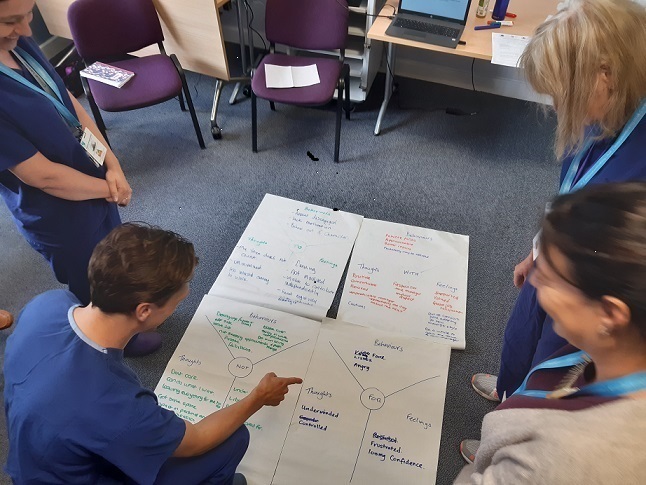
Collaboration with Schools
Relational and restorative practice enables schools to bring different and sustainable solutions to long-standing pinch points, including behaviour, attendance, attainment, exclusions, bullying.
We help to introduce and embed relational and restorative practice, focusing on existing strengths and needs alongside intended outcomes.
We offer blended learning options, including our DfE-assured online programme for primary, secondary and special schools.
Please get in touch to register your school.
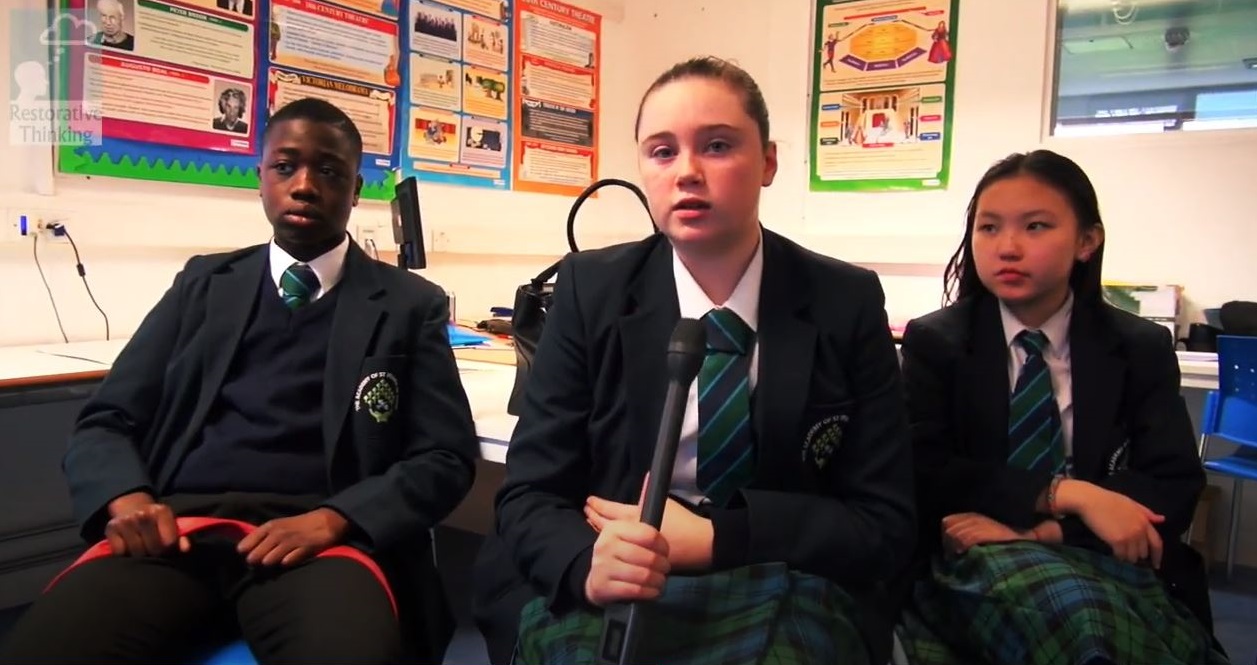
Collaboration with Parents and Carers
We introduce relational and restorative principles and skills to better equip parents and carers with useful tools to help our child/ren thrive. Parents and carers learn about their child’s developing brain and behaviour, with alternative ways to respond to challenging behaviours. Parents/carers learn to teach their child/ren key relationship skills for life.
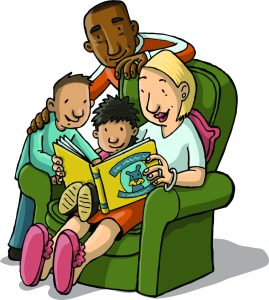
Collaboration with Criminal Justice Settings
We place the focus on relationships, to produce a happier, healthier, more connected and productive workforce.
Colleagues learn different strategies to connect with young and adult offenders and those at risk of offending, and to communicate key life skills in relational and restorative practice via day-to-day interactions and by delivering our restorative intervention programme.
Proven outcomes include a reduction in offending and re-offending rates, behaviour change, better relationships with children and family members and improved life chances.
